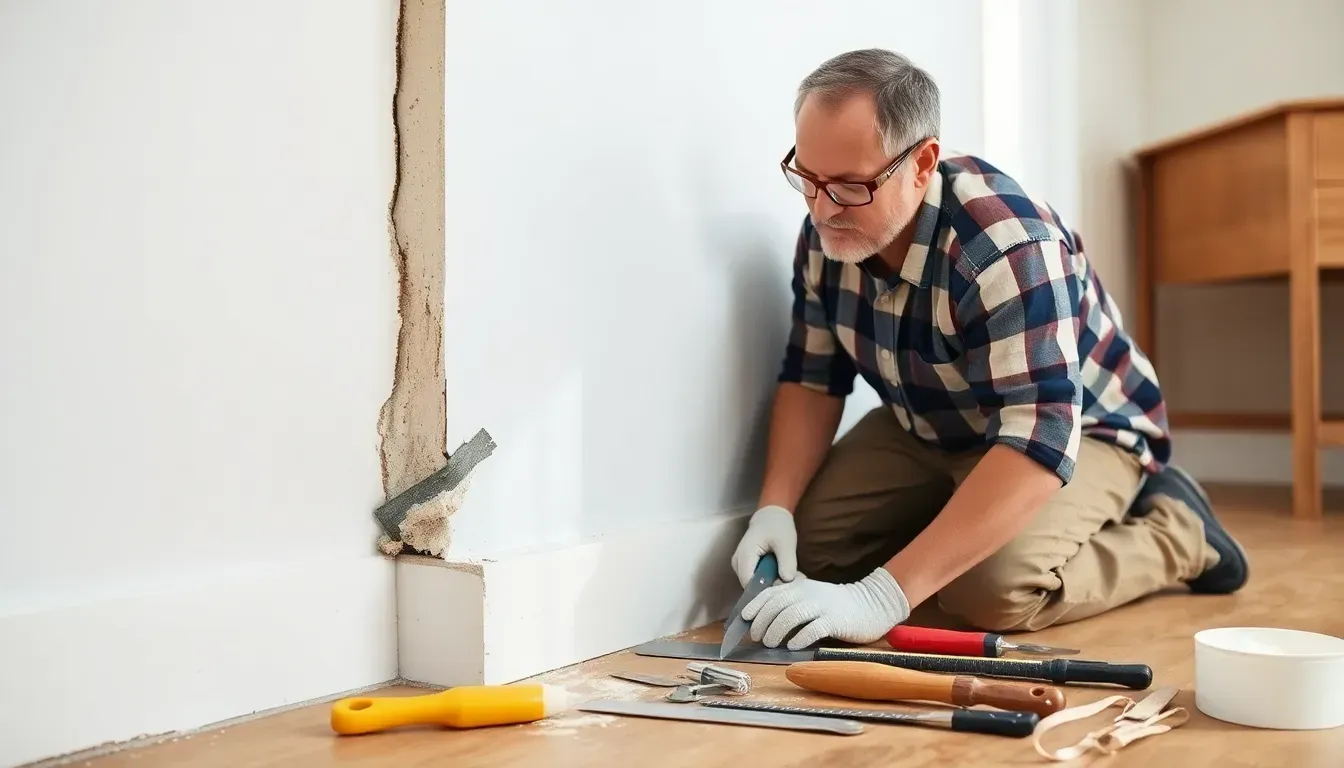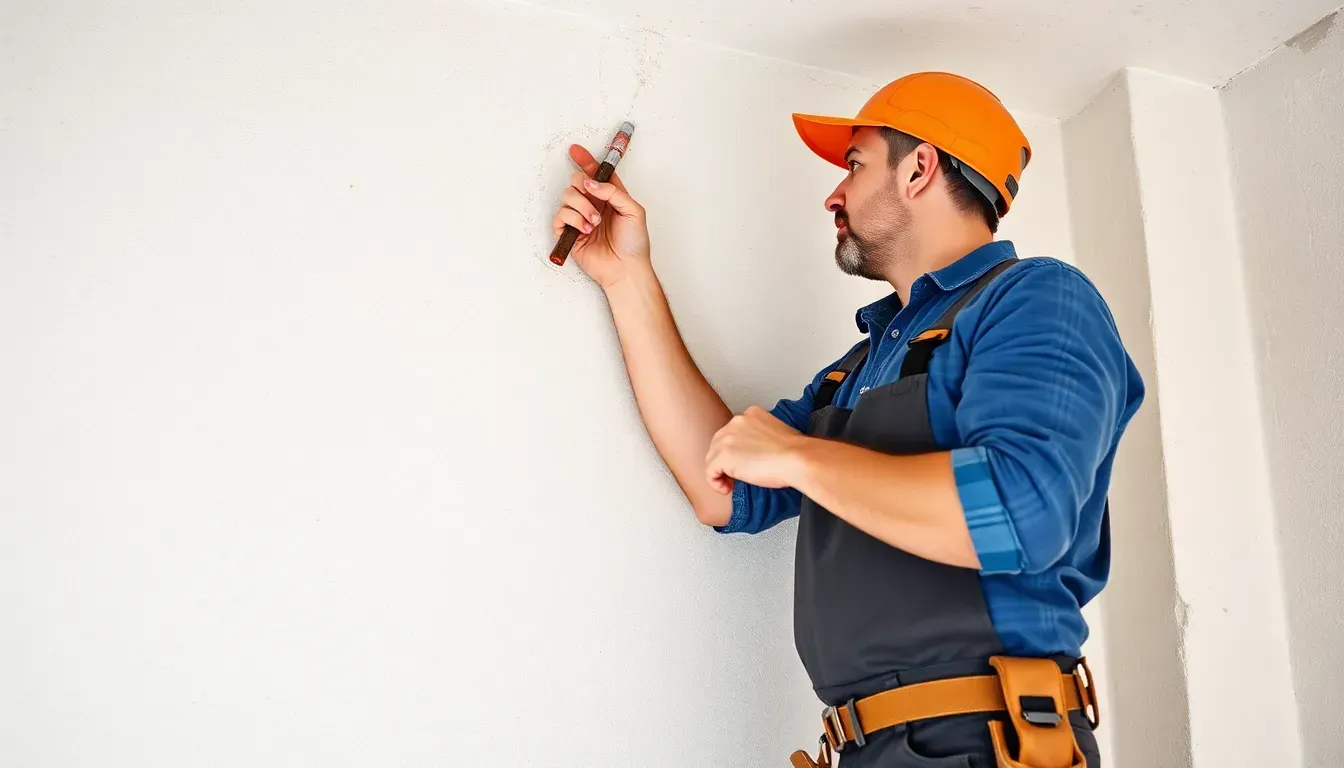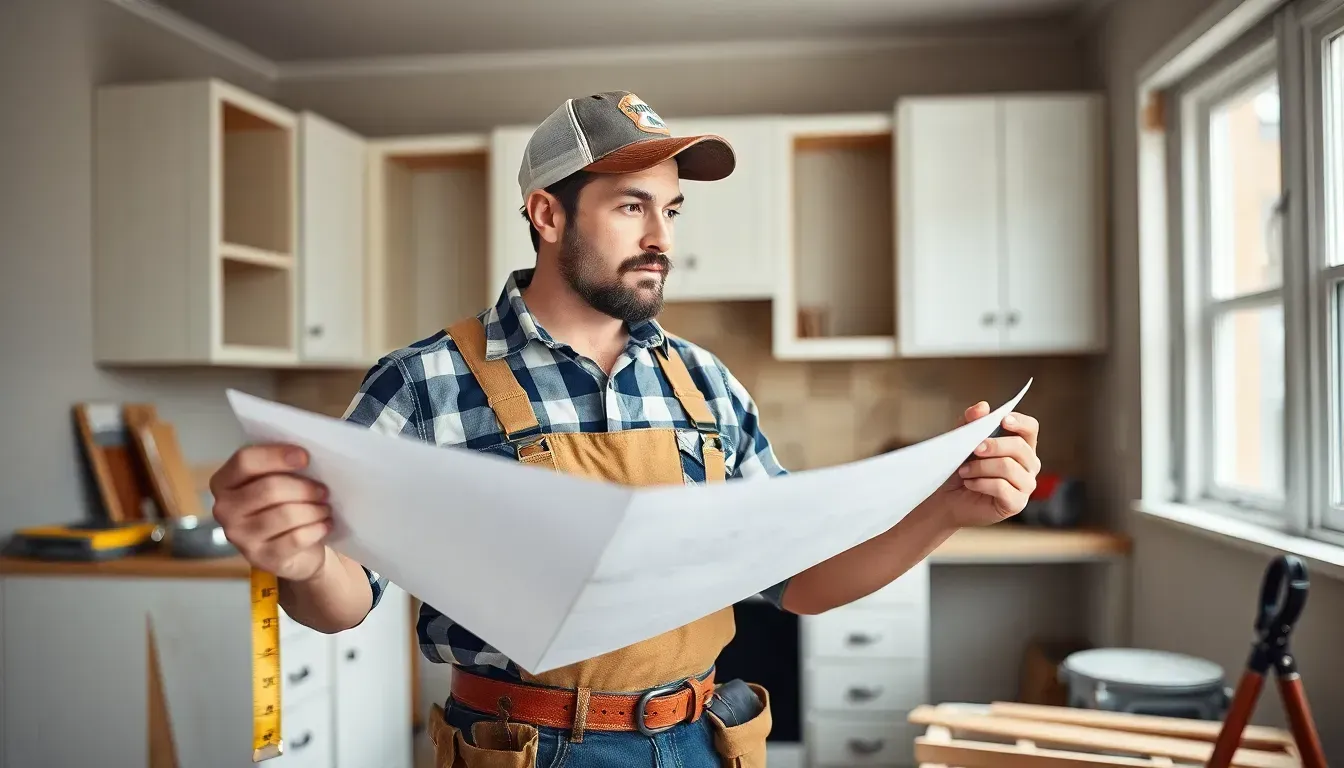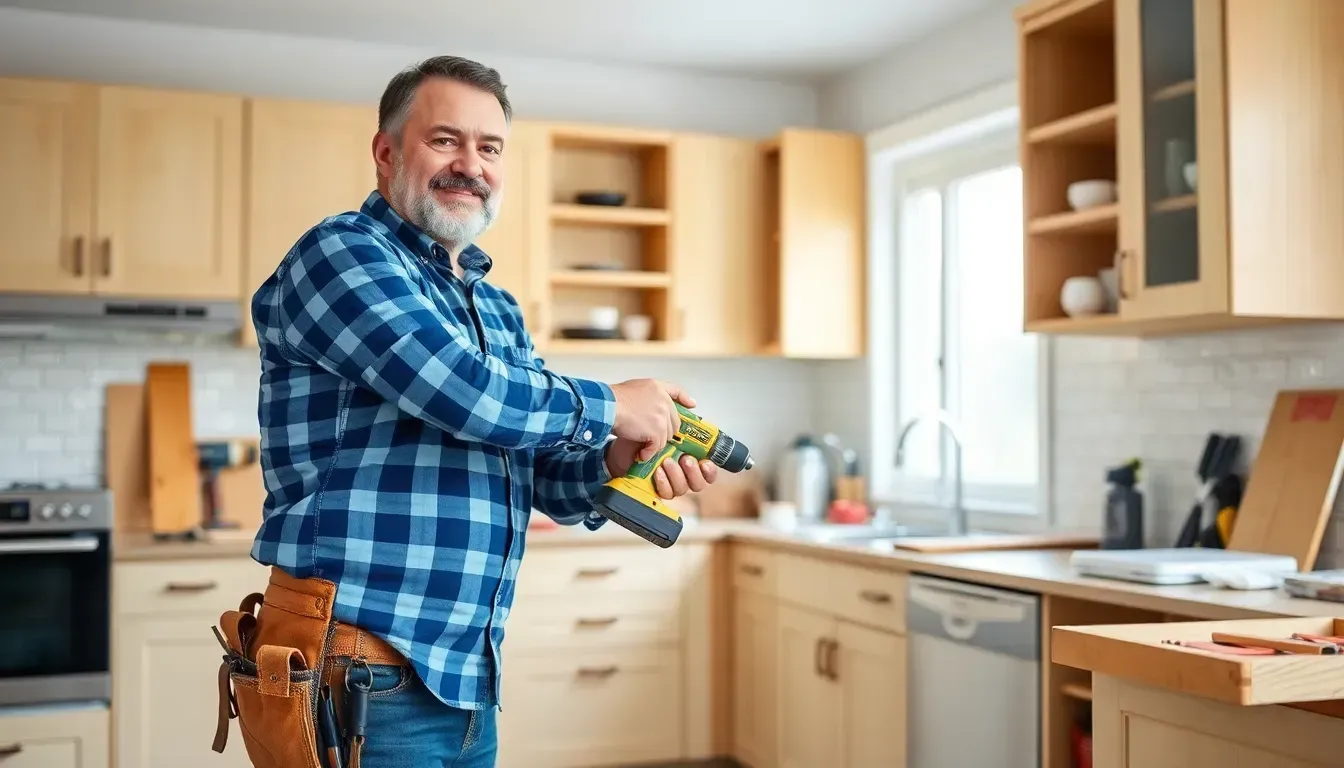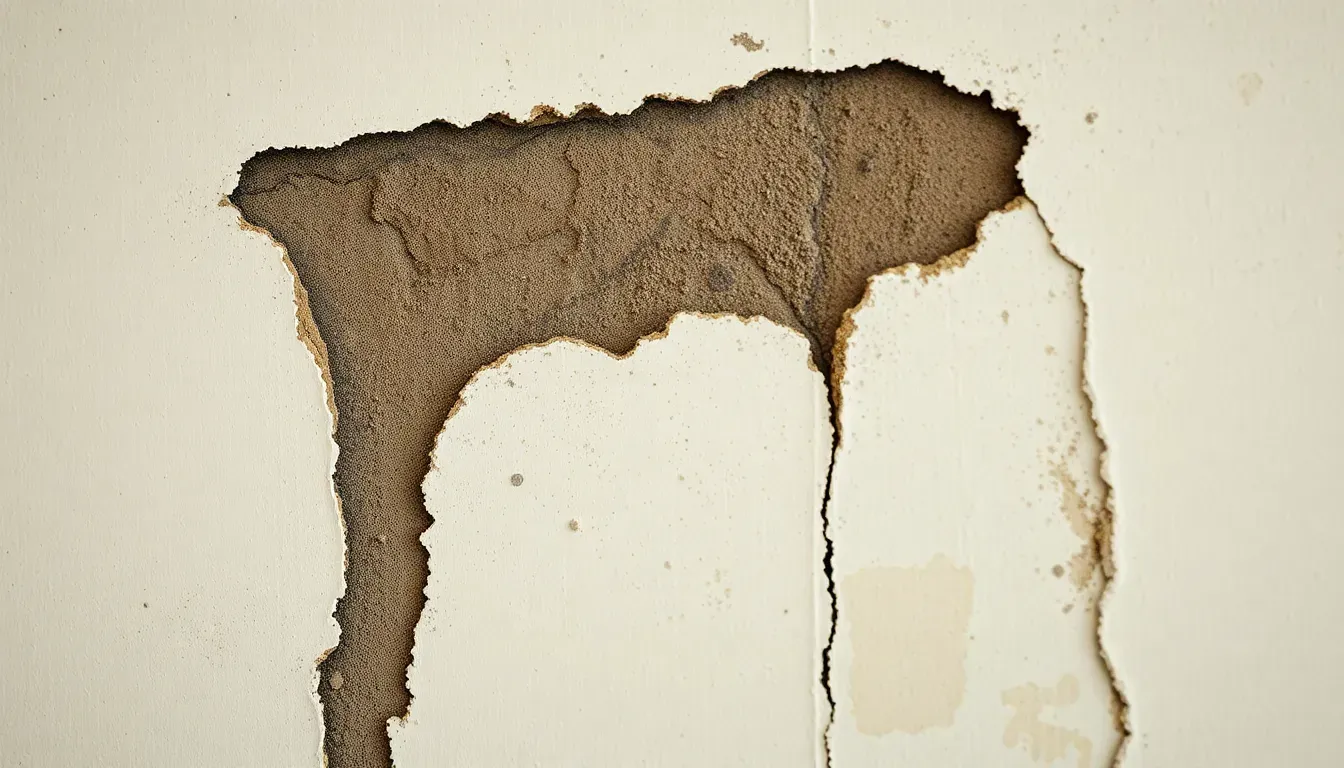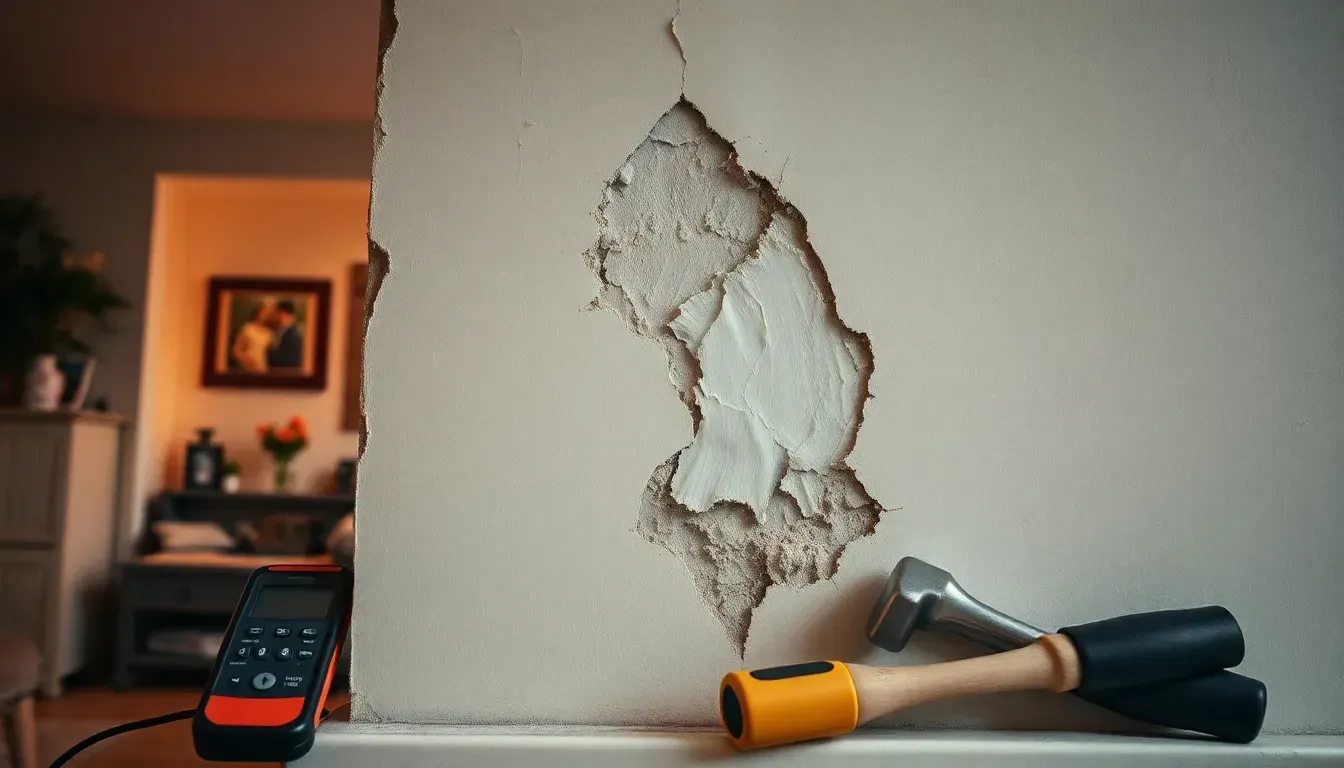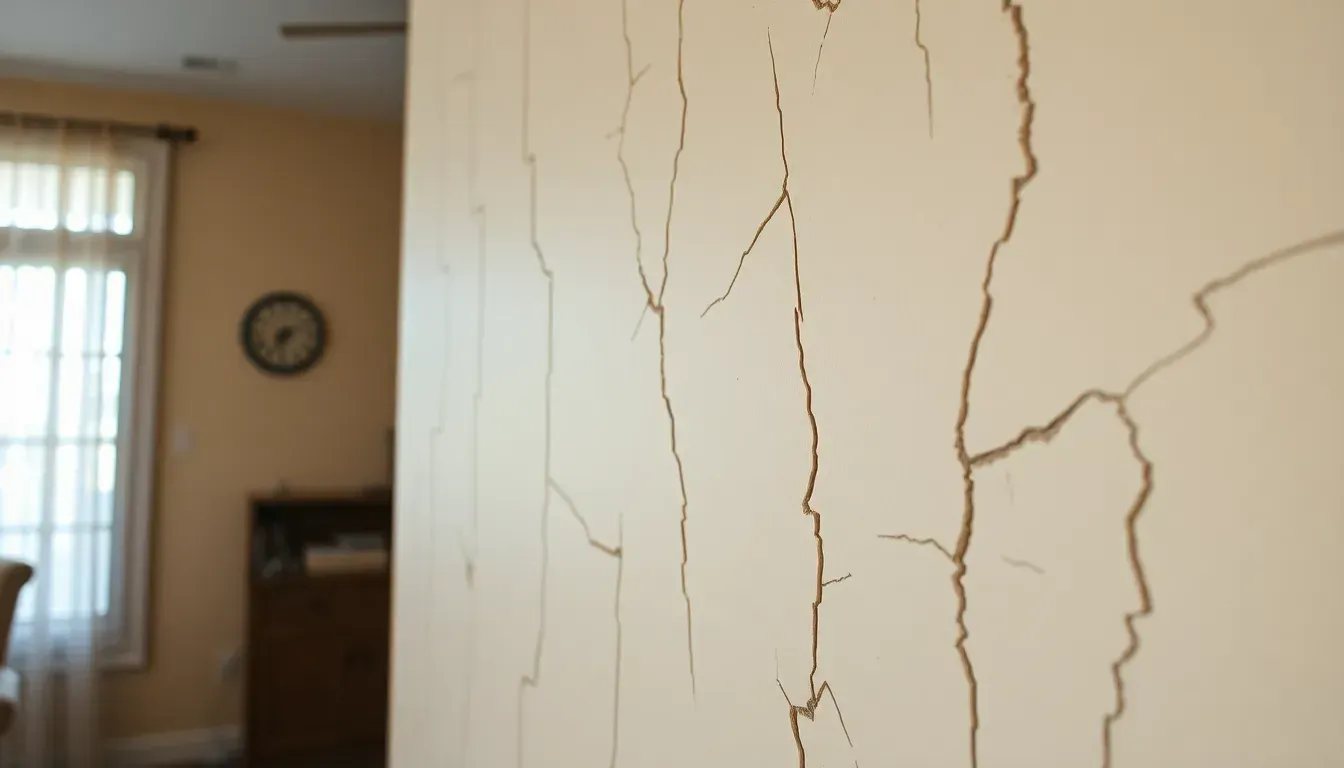Components of a Home Inspection: Key Insights Into Your Home Health
- A home inspection assesses safety, comfort, and value, uncovering hidden issues.
- Main components inspected:
- Structural Integrity (foundation, walls)
- Roof (age, condition)
- Plumbing Systems (pipes, water heaters)
- Electrical Systems (wiring, outlets)
- HVAC Systems (heating, cooling units)
- Interior/Exterior (walls, floors)
- Built-in Appliances
- Garage and Sprinkler Systems
- Inspections reveal potential hazards (e.g., mold, radon, lead paint).
- Reports impact real estate transactions by guiding repairs and negotiations.
- Identifying issues early prevents costly repairs and health risks, supporting buyer safety.
Is your dream home hiding costly repairs? A home inspection could reveal hidden challenges, making it a crucial step in the buying process. This essential service assesses various components of a property, ensuring structural integrity and functionality. By understanding the key components of a home inspection, you can prioritize health, safety, and comfort, guiding negotiations with sellers.
As we explore these components, shedding light on what makes a thorough inspection indispensable in assessing a property's true condition, get comfortable and take a read.
Key Components of a Home Inspection
A home inspection is vital for assessing the key elements of a property. Its main goal is to uncover issues that could affect a home's safety, comfort, and value. Inspectors examine various components, offering insights that help buyers make wise decisions. Even new homes can have hidden issues that home inspections can reveal, guiding necessary repairs or maintenance.
The main components inspected during a home inspection are:
- Structural Integrity: Examining the foundation, walls, and framing for stability.
- Roof: Checking age, condition, and any damage like leaks.
- Plumbing Systems: Inspecting pipes and water heaters for blockages.
- Electrical Systems: Evaluating wiring and outlets for safety.
- HVAC Systems: Assessing heating and cooling units for efficiency.
- Interior and Exterior: Reviewing walls, floors, and outer surfaces for damage.
- Built-in Appliances: Testing the operation of major appliances.
- Garage: Checking the door, opener, and condition.
- Sprinkler Systems: Evaluating operational zones.
The inspection report significantly impacts real estate transactions by detailing a property's condition. This allows buyers to negotiate repairs or adjust offers, helping ensure homes are safe and functional before purchase.
Ensuring Structural Integrity and Safety
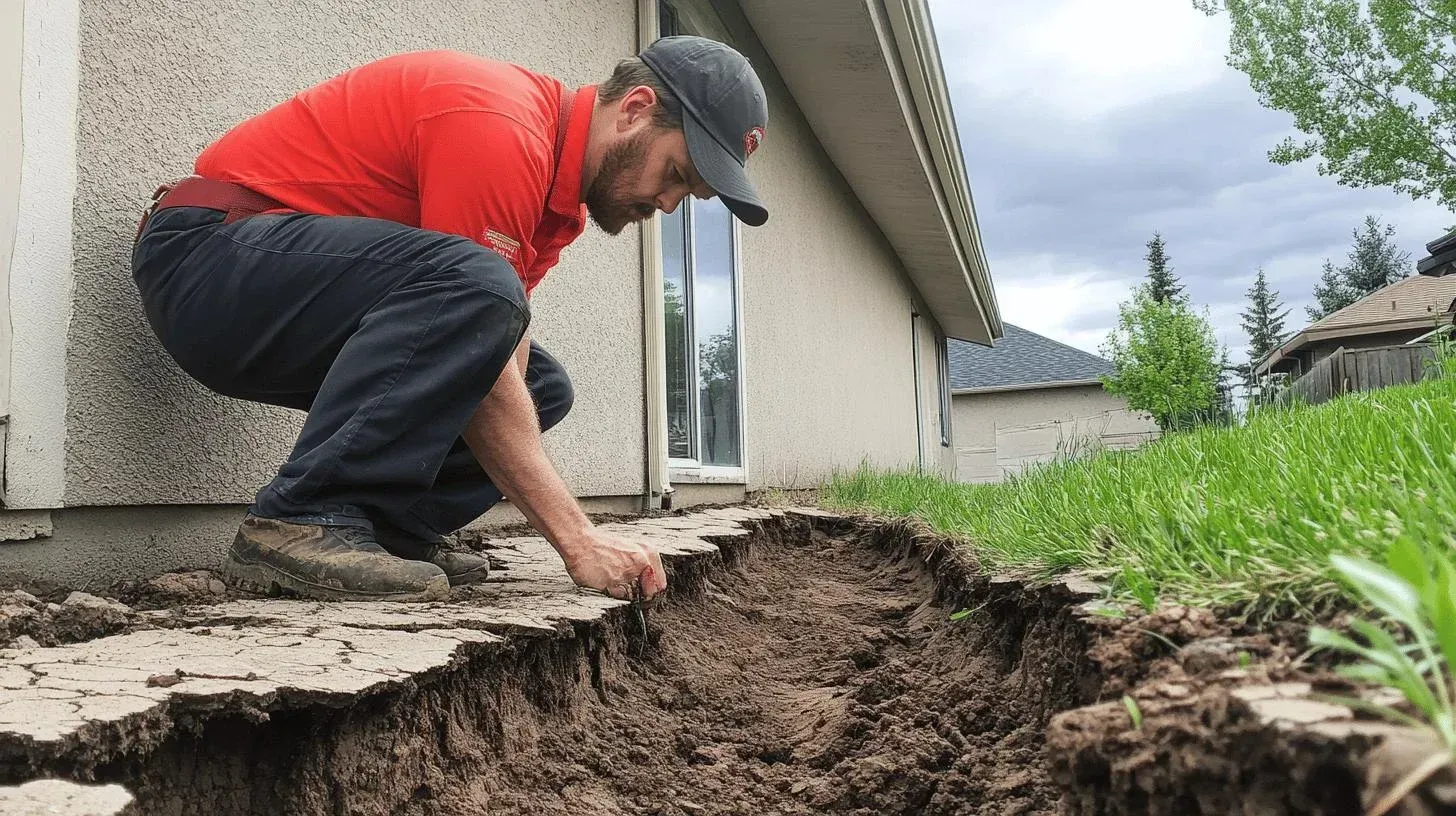
Structural integrity is crucial in home inspections. It shows a property's stability and safety, determining its longevity. A stable structure withstands environmental stress like weather without risking occupants' safety.
Inspectors look for common structural issues, such as:
- Cracks in Foundation and Walls: Indicating potential movement.
- Foundation Settling: Leading to uneven floors.
- Moisture Infiltration: Causing weakened materials and mold.
- Floor Structure Stability: Checked for sagging signs.
- Defective Support Beams: May compromise load-bearing capacity.
Structural issues can reduce property value and pose dangers. For example, foundation problems might require costly fixes, while moisture can lead to mold health risks. Fixing these issues maintains market value and resident safety.
Evaluating the Roof and Exterior Conditions
Roof assessments are key in inspections, focusing on age, condition, and potential damage such as missing shingles. Inspectors use various methods like visual checks or drones to identify issues that can lead to water intrusion or structural damage.
Importance of Gutter and Downspout Functionality
Gutters and downspouts protect foundations from water damage by directing rainwater away. If working correctly, they prevent erosion and pooling around the house base.
Exterior assessments inspect siding, foundation, and grading for any damage or water issues. Proper grading prevents water build-up around a home, protecting its structure and value.
Plumbing System Inspection
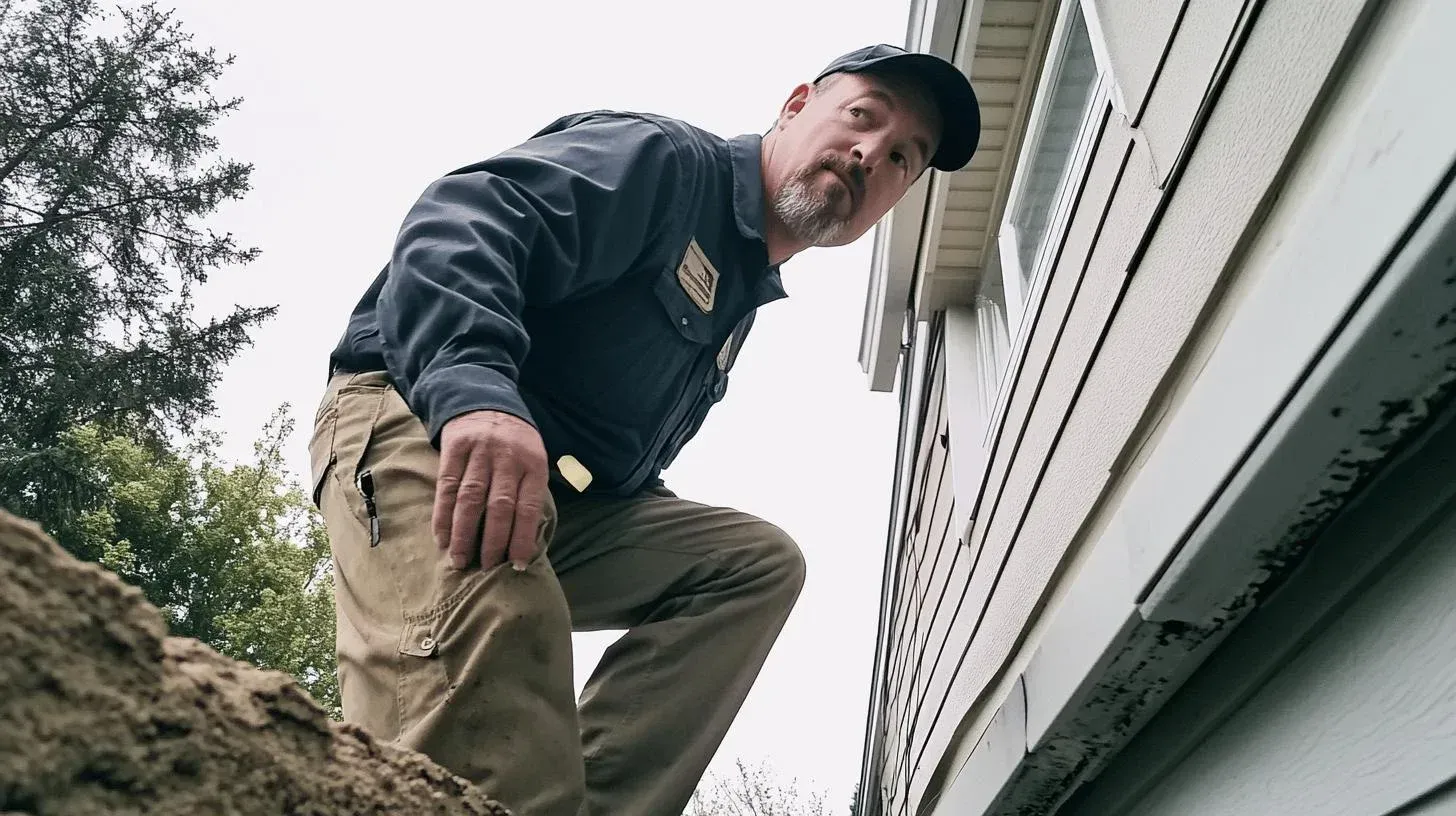
Plumbing inspections are crucial as they detect issues that could affect water flow and efficiency. They reveal hidden issues like leaks, which, if ignored, could lead to damage and costly repairs.
During inspections, these components are checked:
- Pipes: Inspected for leaks or poor installation.
- Supply Lines: Checked for breaks affecting water pressure.
- Drains: Evaluated for blockages.
- Water Heaters: Assessed for functionality.
- Fixtures: Checked for leaks.
- Sump Pumps: Inspected for proper operation.
Plumbing issues can cause disruptions, leading to water damage or mold. Repair costs vary but addressing issues early maintains efficiency and prevents higher expenses and health hazards.
Electrical Systems Safety Check
Electrical inspections ensure safety and regulatory compliance. They identify hazards like faulty wiring, preventing electrical failures or fires.
Key areas inspected include:
- Wiring: Checked for damage.
- Outlets: Tested for functionality.
- Main Panel: Ensures regulatory compliance.
- Breakers and Fuses: Evaluated for preventing overloading.
- Grounding System: Assessed for surge protection.
Electrical issues pose risks of shocks, fires, and appliance damage. Addressing these ensures safety and maintains property value.
HVAC System Evaluation
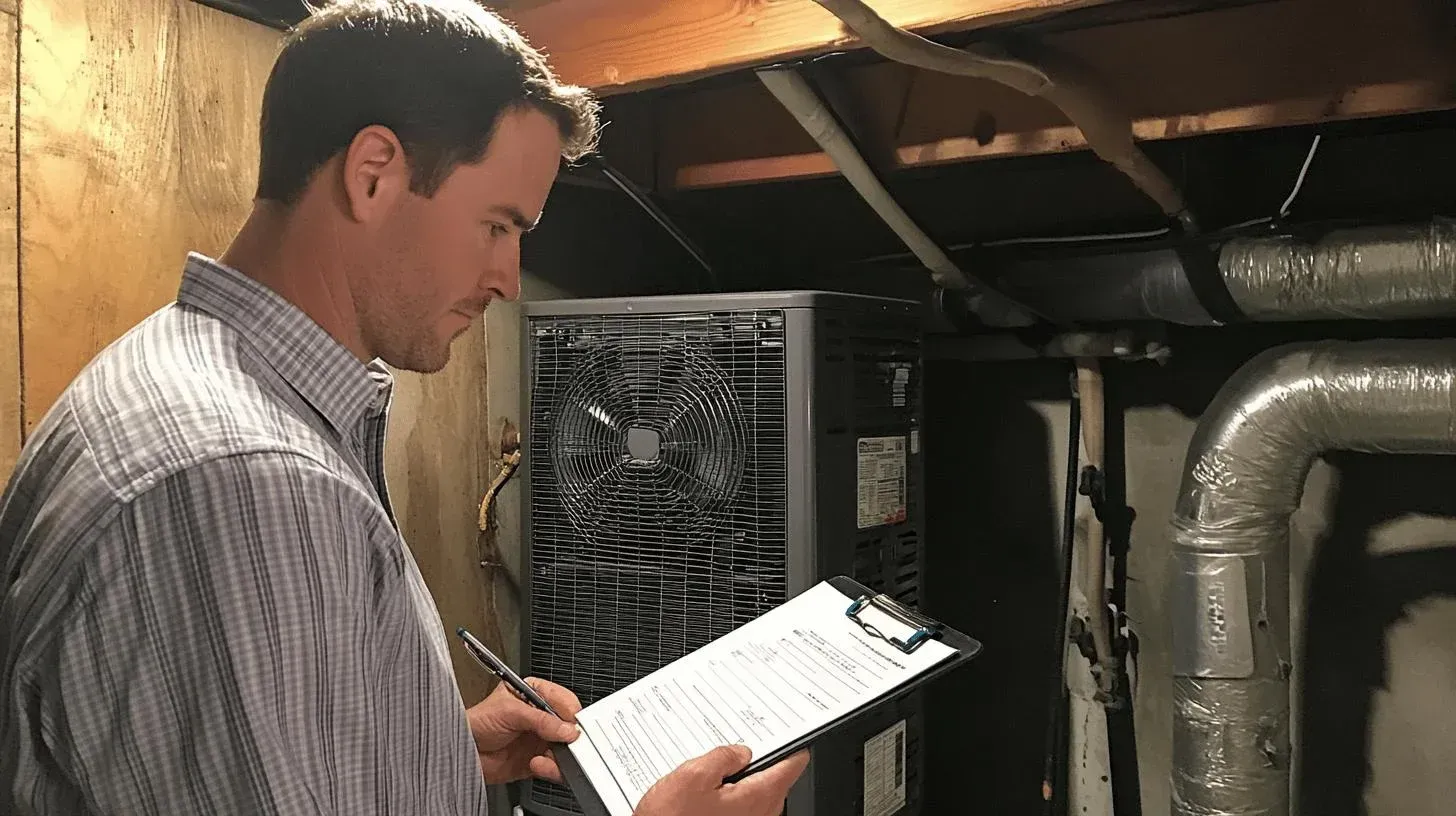
During HVAC inspections, inspectors check for performance issues and efficient functioning, addressing units, thermostats, and control devices.
Key HVAC components include:
- Thermostats
- Ductwork
- Air Conditioning Units
- Heating Units
- Ventilation Systems
- Control Devices
- Air Filters
Efficient systems lower energy bills and reduce environmental impact. Identifying issues in inspections lets homeowners fix them quickly for peak performance and comfort.
Identifying Potential Health Hazards
Identifying health hazards ensures occupant safety and well-being by uncovering hidden dangers affecting air quality.
Mold Detection and Its Importance
Mold is identified through moisture readings and air sampling in inspections. Detecting mold prevents health issues like respiratory problems.
Other health hazards checked include:
- Radon: Lung cancer risk.
- Carbon Monoxide: From faulty appliances.
- Lead Paint: Risky in older homes.
- Asbestos: Linked to respiratory diseases.
- Pests: Carry diseases and damage.
Exposure to these hazards results in serious health issues, requiring prompt remediation like mold removal or radon systems. This ensures a safe living space and maintains property integrity.
Conclusion
Understanding the components of a home inspection provides valuable insight into a property's condition. From assessing structural integrity and roof conditions to evaluating plumbing and electrical systems, each element contributes to the overall picture of a home's health. Identifying potential health hazards like mold or radon further emphasizes the inspection's role in safeguarding occupants.
With accurate inspections from MyAccurateHomeServices, you'll get clarity on the true state of your property, helping you make the necessary repairs or negotiations. These thorough inspections lays the groundwork for safe and efficient home ownership.
FAQ
What are the key components evaluated in a home inspection?
The key components include structural integrity, the roof, plumbing, electrical systems, the HVAC system, and potential health hazards. These evaluations help determine necessary repairs and ensure property safety.
What are the mandatory fixes after a home inspection?
Mandatory fixes typically focus on addressing health, safety, and essential functionality issues, such as structural defects, electrical hazards, and plumbing leaks. Sellers and buyers often negotiate these repairs before closing.
What should a buyer do during a home inspection?
Buyers should remain attentive and ask questions about any concerns. They should use trusted inspection report from services like MyAccurateHomeServices to prioritize crucial repairs and consider these in negotiations with sellers.
What are common reasons a home inspection might fail?
Inspections often uncover structural flaws, electrical hazards, plumbing issues, or health hazards like mold or radon. These issues should be addressed promptly to maintain property integrity and safety.
What can a seller expect from a home inspection?
Sellers can expect the inspection to identify potential issues, allowing them to repair or disclose these problems to buyers, which can facilitate smoother negotiations and transactions.
